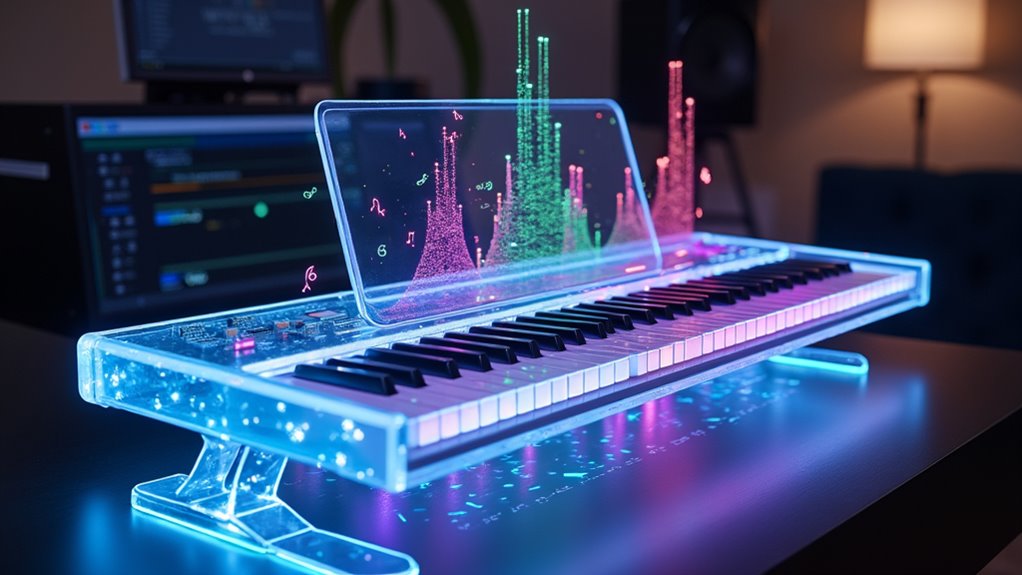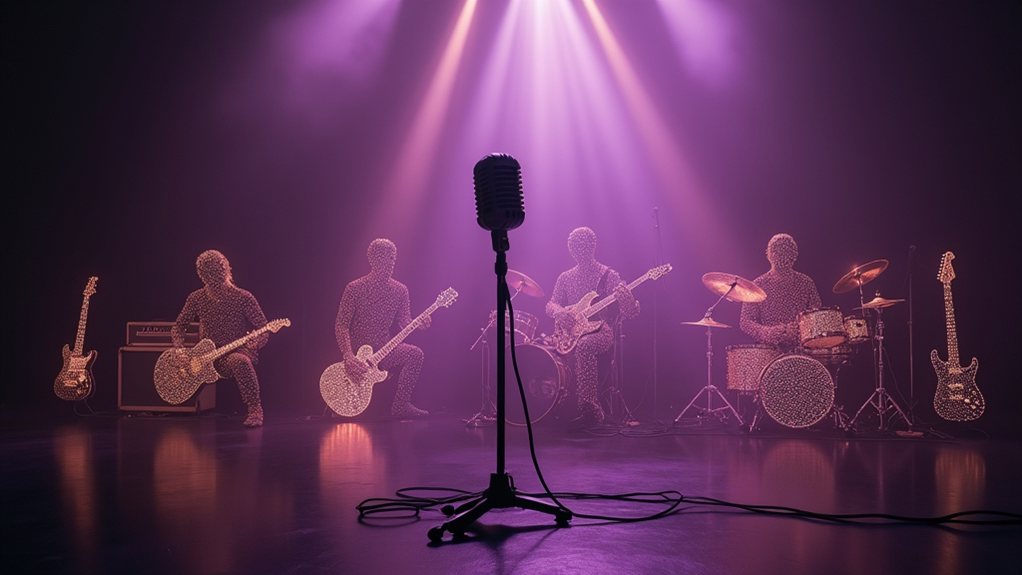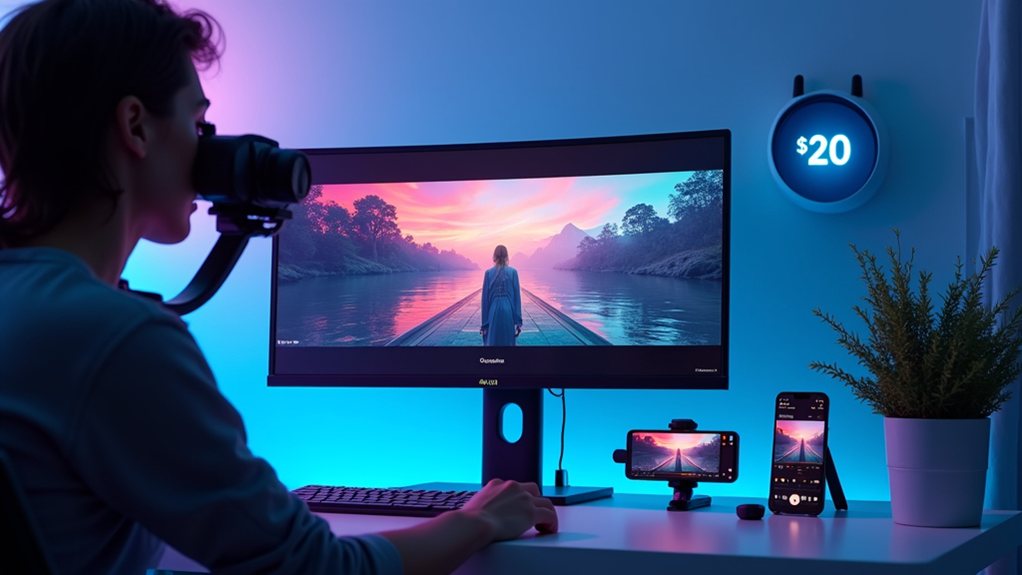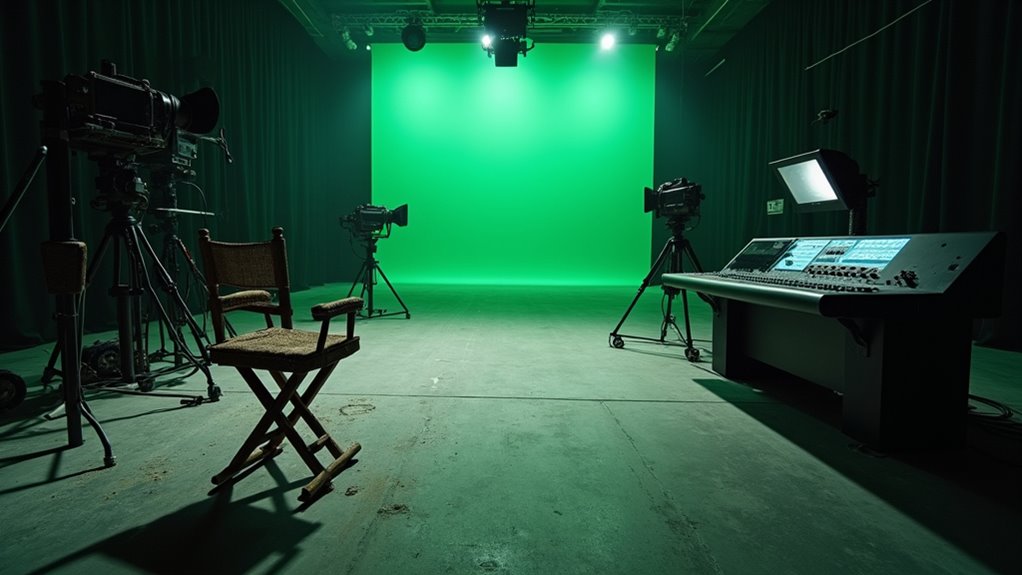Google’s Lyria Realtime is basically a jam session where your co-writer is a hyperactive AI—think jazz improv meets “Black Mirror.” Musicians can tweak tempo, cut a bridge, or extend a chorus live, using text, sheet music, or audio snippets. It streams 48kHz stereo, instantly blending genres like K-pop and classical. Jacob Collier and DeepMind are on board, so, yes, it’s serious. No pricing yet, but if you’re curious how far Google pushes the beat, the next bit might surprise you.
Cue the drumroll—because Google just crashed the music scene with its latest act: Lyria RealTime. Forget everything you knew about digital music tools—this is not your dad’s MIDI keyboard or your cousin’s auto-tune plugin.
Lyria RealTime, now woven into Google’s Gemini API and AI Studio, lets developers conjure up music on demand, in actual real time. Yes, you read that right: you can tweak the key, flip the tempo, boost the brightness, or set the mood—all while the song’s still being born. The system supports a wide range of genres and styles, enabling artists to explore everything from classical orchestrations to electronic dance beats with ease.
Want to mash up jazz with K-pop? Or swap out a cello for a synth mid-song, just because you can? Lyria’s got you. Thanks to a low-latency, bidirectional WebSocket connection, this system keeps the musical conversation flowing—no awkward buffering or creative momentum lost. Many AI music apps face controversy over copyright issues, prompting Google to frame Lyria as a collaborative tool rather than a replacement for artists.
While Google’s still playing coy on pricing (classic tech giant move), the tech is already impressing with its capabilities. This innovative tool demonstrates how AI enhances productivity by automating complex musical tasks that would typically require extensive human effort.
Here’s what’s under the hood:
- *48kHz stereo audio output*—translation: the same crisp quality you’d expect from a pro studio.
- High-fidelity, multi-genre support, from Beethoven-esque sonatas to EDM drops.
- Input options galore: text prompts, sheet music, or even snippets of audio. AI that takes “DJ, play my song” literally.
But the real magic? Live, on-the-fly control. Adjust pitch, BPM, instrumentation, or even emotional tone, right as your audience listens. Extend a chorus, cut a bridge, or morph a ballad into a disco hit—all without starting over.
Musicians can improvise alongside AI, riffing off its suggestions, pushing creative boundaries, and maybe even giving their bandmates performance anxiety.
Google’s not doing this alone. DeepMind tapped Grammy-winner Jacob Collier and other pros to make sure Lyria doesn’t sound like elevator music. The tool’s pitched as a creative sidekick, not a soulless robot overlord.









